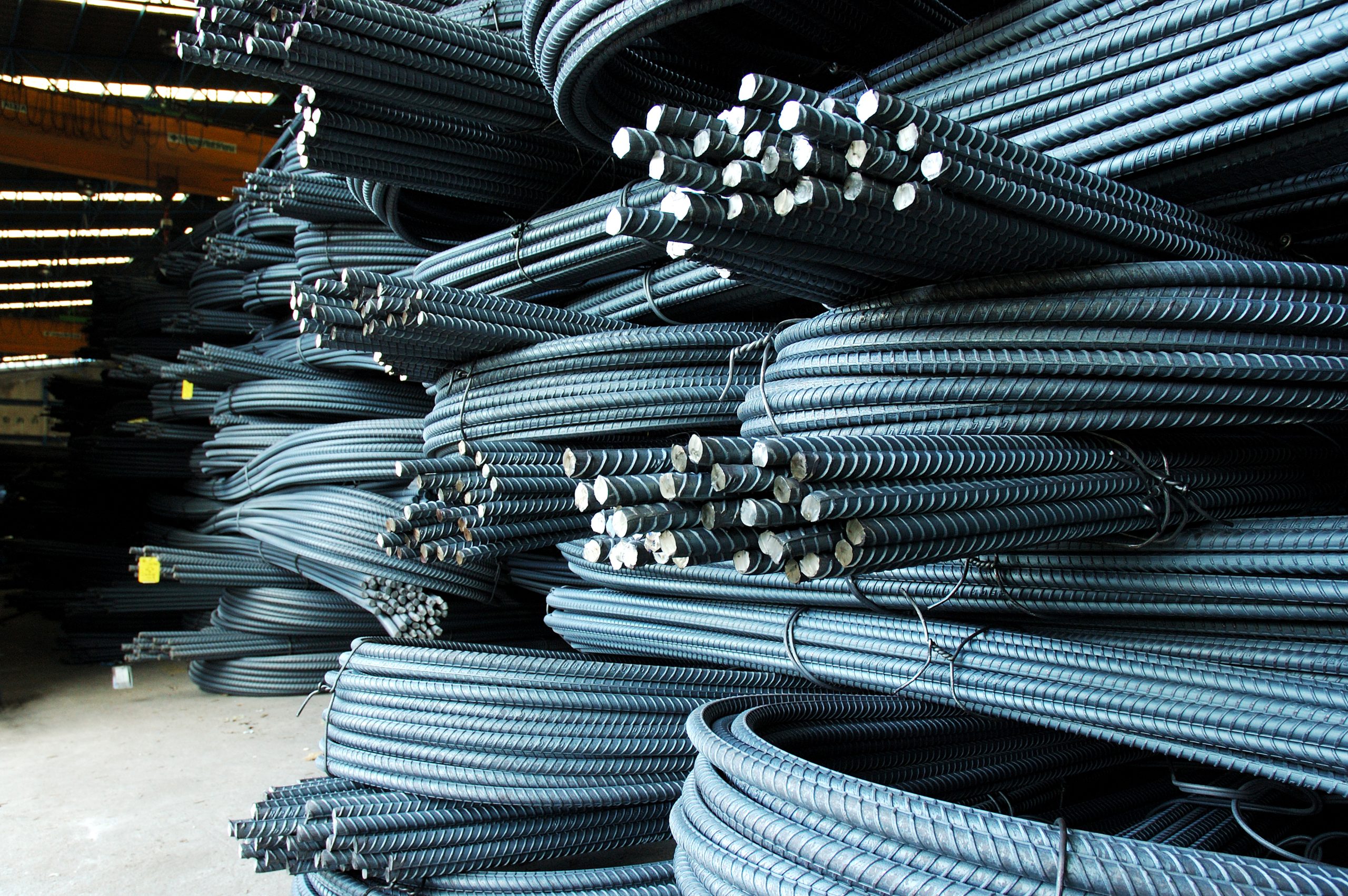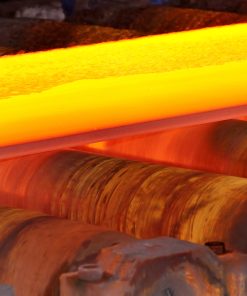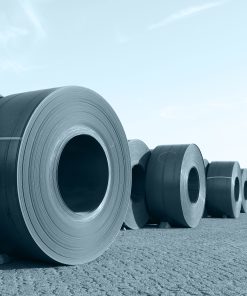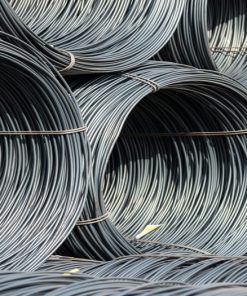In today’s world, different materials are used in construction, industrial, road construction, etc. One of the main foundations of these structures is steel, which will be used according to the type of structure. Rebar is one of the important final steel products that is used to increase the strength of the structure. Rebar is one of the most widely used and circulated steel products. Generally, the interweaving of different sizes of rebar with concrete is used in structures.
Definition of rebar
Rebar is a long and solid cylindrical steel section, which is produced with an equivalent percentage between 0.3 and 0.37 carbon. Rebar is considered one of the main materials in various industries, which has many uses. Rebars are produced with different standards.
Application of Rebar
Rebars have different uses according to different standards and alloys. In general, construction ribbed rebars are the most used type of this product. Reinforced concrete structures, which are widely used in building construction, bridge construction, road construction, petrochemical tank infrastructure, and different grades of rebar that have different resistances are used according to engineering drawings.
Types of rebar
Rebars are classified according to the shape and amount of alloy:
Simple rebar (A1)
The application of simple rebar in various industries. It is generally produced in sizes 5.5 to 12. In building structures, it is generally used as insulation and in industry for making bolts and nuts, making parts, making nails, making hinges and iron connections, etc. In general, this grade of rebar is not widely used in high sizes (size 12 and above) and is generally not produced.
Ribbed rebar (A2)
Rebars with a simple tread, which generally has the same production process as construction rebars (A3). The difference is that in the process of cooling the rebar after production, it is not sprayed with water and is cooled with air. This type of production causes the uniformity of the structure of the rebar, which does not produce carbon fiber compared to the construction rebar, in general terms, it makes it less resistant and more flexible than the construction rebar, and due to the ribbing of the rebar, it has a more suitable bending resistance. compared to simple rebar (A1). A2 rebars generally have shorter treads and are more favorable in terms of strength than A1 rebars. Among the properties that make the use of this product practical, due to the spiral tread, relatively good resistance, good flexibility, weldability, which is generally not recommended, is done only when needed.
Construction ribbed rebar (A3)
A3 rebar is the most used construction rebar. From a structural point of view, due to the increase in the amount of carbon and sometimes the difference in the cooling system of the final product, it can be pointed out that the hardness of the product is higher, flexibility and less weldability compared to A1 and A2 rebar. A3 rebar is generally used in columns and beams of concrete structures. There are sizes in this category of rebars from 8 to 32.
Ribbed rebar (A4)
The strongest rebar that is used in structures. Due to the shape of the treads, this rebar will have the most contact with concrete and the result will be the greatest strength and tensile strength in concrete structures. Generally, the application of this product is used in large projects or areas that have high temperature changes so that they can have maximum resistance in the structure. In general, compared to other grades of rebar, it has very high hardness (very brittle), flexibility and minimum weldability.
In general, rebar is one of the most widely used steel products, which is used not only in the construction industry, but also in other industries such as automobile manufacturing, tools, urban structures, industrial machinery, etc. According to the type of application and engineering plan, different grades of rebar are used.
Due to the increase in the number of steel mills across the country, there are different mills with different names, among the famous mills are Zob Ahan, Neishabur, Kavir Kashan, Mianeh, Abar Kouh, Sirjan, Amir Kabir, and Arvand. did







Reviews
There are no reviews yet.